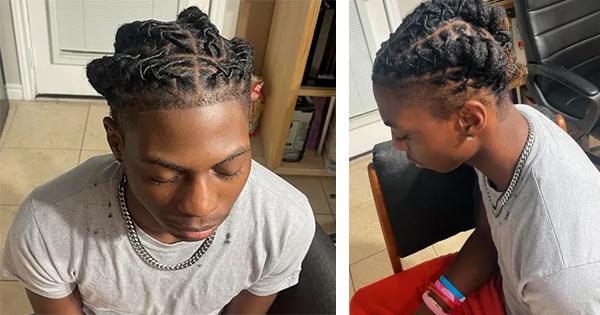The snake called the terciopelo (Bothrops asper) is a viper that is native to Central America and northern South America is responsible for hundreds of deaths every year, and many more people die to the viper’s venom, which is a muscle-destroying toxin as snakebite cures are very ineffective at preventing tissue death.
Now researchers say that a very promising drug, an antibody that fights off these toxins, has just failed in animal trials. The antibody instead of counteracting muscle-destroying toxins worsens the toxin’s damage and eventually kills the animals. But this information can help reveal new aspects of antibody research and later on save victims of snakebites and other toxins.
An antibody discovery scientist Christoffer Sorensen spent years working on the new drug, with a graduate student at the Technical University of Denmark (DTU). With his adviser Andreas Laustsen-Kiel who is a toxicologist and bioengineer. He developed an antibody that catches onto a toxin in a snake’s venom named myotoxin II and neutralizes it or slows it down.
They started to test this antibody in laboratories with animal tests. All these tests showed that it worked better than any other treatment we have for myotoxin II. When the antibody was mixed with the snake’s venom and even the toxin alone, it prevented damage to cells and mouse muscles. After these amazing results, the team filled out a patent for the antibody and wrote papers to show to the whole scientific community. Then two days before Sorensen was going to give his discovery to the world he received an email from his partners he worked with from the University of Costa Rica (UCR). After they looked at all the muscle damage the antibody prevented when the mice were given the venom they slowly found out that instead of reducing the damage of the venom, the antibody worsened the damage and eventually killed the mice. This phenomenon is known as antibody-dependant enhancement.
“We were all completely astonished,” says Bruno Lomonte, a toxicologist at UCR who has studied snakebite cures for more than 20 years. Sorensen quickly took back his dissertation because of this surprising finding.
A researcher at DTU says he and his team are not sure what went wrong with the antibody. They thought that it might be the modifications they made to the antibody might be the problem. So they took away all of the modifications. It made the antibody less lethal but still not safe. They then took away the core of the antibody leaving just two molecular bonds from the toxin. Even though the antibody remains were somewhat protective one of the five mice still died. “It’s still a mystery,” says Sorensen.
Even though this is the first time antibody-dependent enhancement has been found in snake venom, scientists have found similar effects for a few different antibodies.
These results are disappointing but they might be able to help guide other researchers or scientists to help find a cure for antibody drugs for snake bites. Snakebites are the most neglected of tropical diseases but even with this failed antibody scientists can learn off of it and eventually in the future find a cure.










































